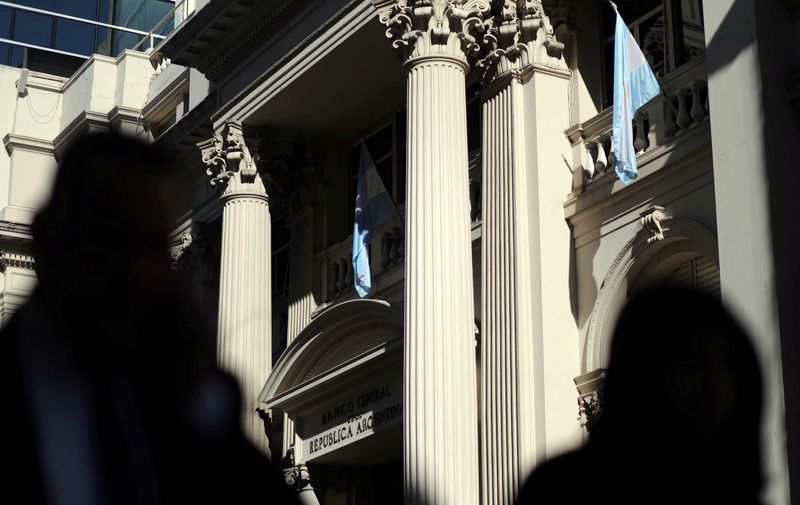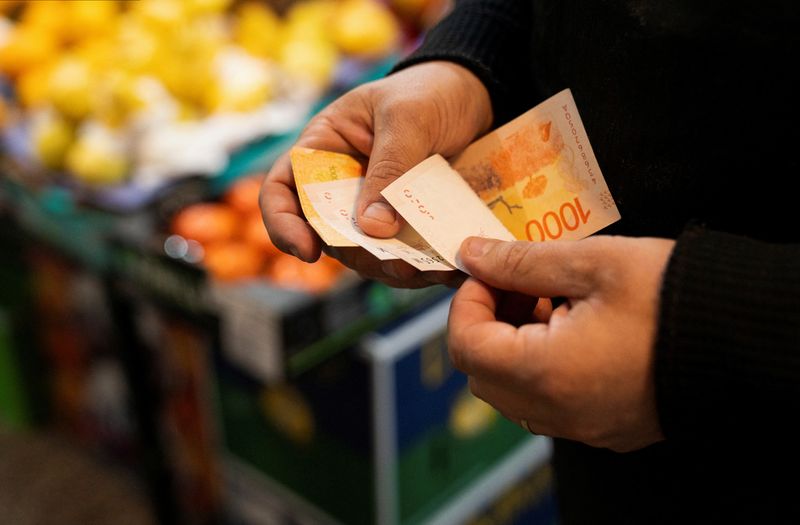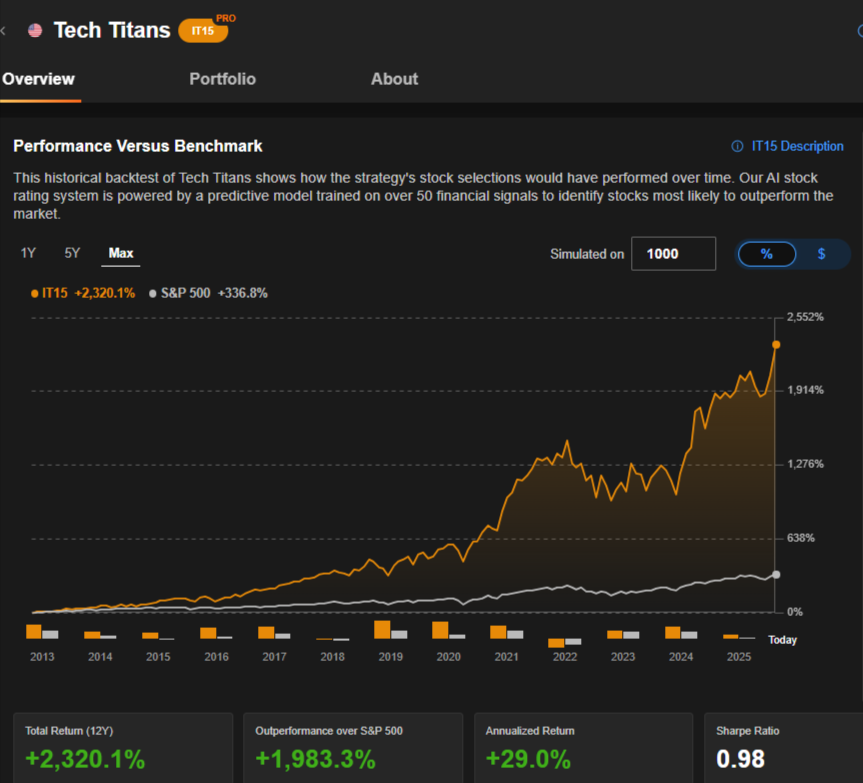Argentina spends $1bn to defend peso as Milei’s crisis spirals
NegativeFinancial Markets

Argentina is facing a severe currency crisis, prompting the monetary authority to intervene in the market for the third time this week, selling $678 million to defend the peso. This significant spending of $1 billion highlights the escalating economic challenges under President Milei's administration. The situation is critical as it reflects the government's struggle to stabilize the currency and restore confidence among investors, which is essential for the country's financial health.
— Curated by the World Pulse Now AI Editorial System

















